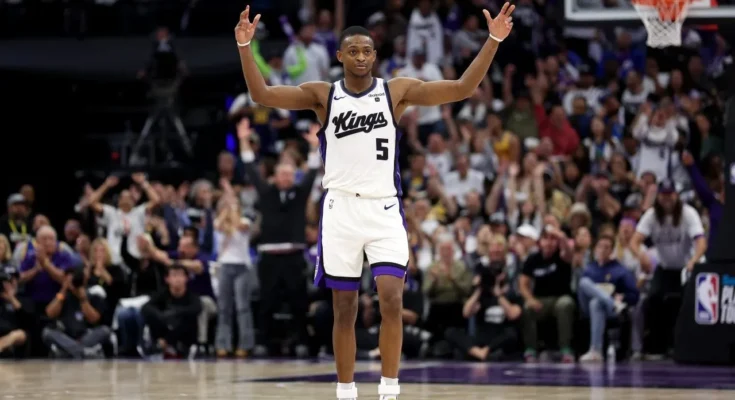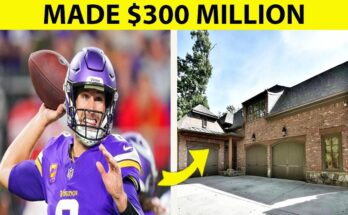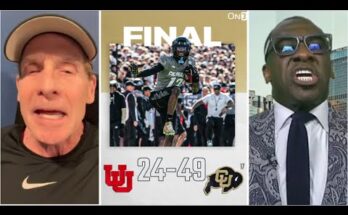NBA Private Equity Ownership Rules: Can PE Own Stakes in Teams?
In recent years, the sports industry has seen a rise in private equity firms showing interest in owning stakes in professional sports teams, including NBA franchises. However, the NBA has specific ownership rules in place that govern who can own a stake in a team. This article will explore whether private equity firms can own stakes in NBA teams and the rules that govern such ownership.
Private Equity Ownership in the NBA
Private equity firms are investment firms that raise capital from institutional investors and high-net-worth individuals to acquire equity stakes in private companies. These firms typically seek to improve the operational and financial performance of the companies they invest in, with the goal of eventually selling their stake at a profit.
While private equity firms have traditionally focused on investments in private companies, some have started to explore opportunities in the sports industry. In recent years, private equity firms have acquired stakes in professional sports teams, including football clubs in Europe and franchises in major American sports leagues like the NFL, MLB, and NBA.
NBA Ownership Rules
The NBA has strict ownership rules that govern who can own a stake in a team. These rules are designed to ensure the financial stability and integrity of the league, as well as to prevent conflicts of interest and other potential issues that could arise from ownership by certain types of entities.
One of the key rules that the NBA enforces is the requirement that team owners be individuals or entities with a controlling interest in the team. This means that if a private equity firm were to acquire a stake in an NBA team, it would need to have a controlling interest in the team and be able to demonstrate that it has the financial resources and expertise to operate the team effectively.
Can Private Equity Firms Own Stakes in NBA Teams?
While private equity firms are not explicitly prohibited from owning stakes in NBA teams, they face several challenges in doing so. One of the main obstacles is the NBA’s requirement that team owners have a controlling interest in the team. This means that a private equity firm would need to acquire a majority stake in the team, which can be difficult given the high valuations of NBA franchises.
Additionally, private equity firms may struggle to meet the NBA’s ownership criteria, which require owners to have a clear source of funds and to demonstrate that they have the financial resources and expertise to operate the team effectively. Private equity firms may also face scrutiny from the league and other team owners, who may be concerned about the potential for conflicts of interest or other issues that could arise from private equity ownership.
Conclusion
While private equity firms have shown interest in owning stakes in professional sports teams, including NBA franchises, they face several challenges in doing so. The NBA’s ownership rules, which require owners to have a controlling interest in the team and to meet certain financial and operational criteria, can make it difficult for private equity firms to acquire stakes in NBA teams.
However, as the sports industry continues to evolve and attract investment from new sources, it is possible that private equity firms may find ways to overcome these challenges and become more involved in owning stakes in NBA teams in the future. Only time will tell how the relationship between private equity firms and professional sports teams will develop, and whether private equity ownership will become more common in the NBA.



